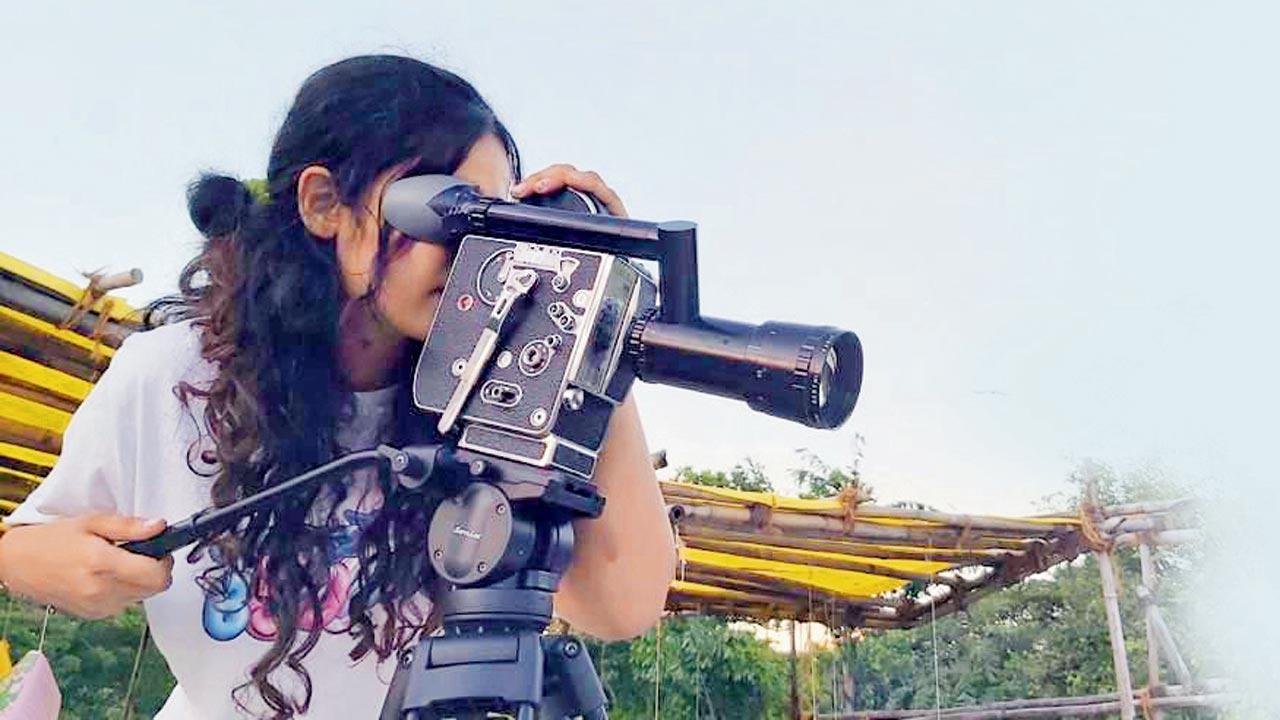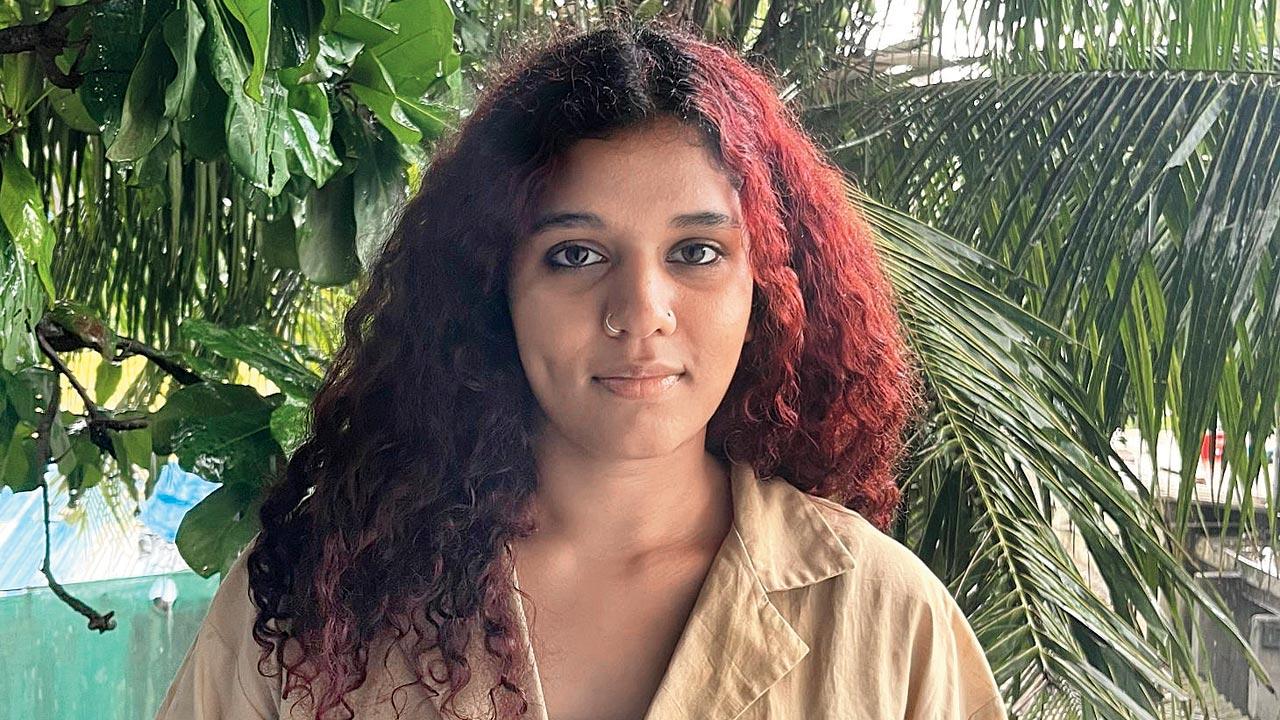A studio’s brotherhood is mouth-watering filmmakers to lapse to a pleasing universe of celluloid with a residency on 16mm cinema

Simran Ankolkar
As a metaverse threatens to invade a earthy universes, a universe of cinema continues to be separate between nostalgia for celluloid and a unsentimental existence of digital filmmaking. For those emotional for a feel of celluloid, Harkat Studio’s Cinema Karigar brotherhood competence come as a respite. The Mumbai-based studio is charity a month-long brotherhood to artistes meddlesome in formulating with a tactical middle of celluloid.
The brotherhood is open to filmmakers and non-filmmakers, Simran Ankolkar, curator and artist, tells us, adding, “The thought is to make a middle some-more accessible.” The residency will engage workshops on utilising celluloid to emanate images, films and art. Ankolkar elaborates, “The initial week will cover a basis in terms of processes. The seminar is to assistance them exercise a skills and examination on a medium.” The residency, she shares, allows some-more time and is directed towards mentoring filmmakers and ancillary some-more projects regulating a medium.
 Simran Ankolkar
Simran Ankolkar
This is a second year of a residency that was launched final year in partnership with a Gujral Foundation, she revealed. The new residency projects will revolve around a thesis ‘At a cadence of midnight hour’ — a take on 75 years of India’s freedom. “The matter can be interpreted any way,” Ankolkar adds. Interested field should remember that a deadline to contention their plan proposals is Jul 22. It is a singular opportunity, Ankolkar believes, “The tangibility of celluloid filmmaking means a good understanding of craftsmanship — hence, a tenure karigar.”
At Harkat Studios, Bungalow 17, JP Road, Andheri.
Log on to @harkat.studios on Instagram

<!–
$(“.read-more-my”).click(function() {
$(this).parent().siblings(“.more-text”).css(‘display’, ‘block’);
$(‘.article-first-para’).removeAttr(“style”);
$(this).parent().remove();
var height12=$(‘#showfullarticle’).offset().top();
$(window).scrollTop(height12);
(function(i, s, o, g, r, a, m) {
i[‘GoogleAnalyticsObject’]=r;
i[r]=i[r]||function() {
(i[r].q=i[r].q||[]).push(arguments)
}
, i[r].l=1*new Date();
a=s.createElement(o), m=s.getElementsByTagName(o)[0];
a.async=1;
a.src=g;
m.parentNode.insertBefore(a, m)
}
)(window, document, ‘script’, ‘//www.google-analytics.com/analytics.js’, ‘ga’);
//ga(‘create’, ‘UA-2326030-39′, ‘auto’);
let displayMode = ‘browser';
let dimensionValue=”browser”;
const mqStandAlone = ‘(display-mode: standalone)';
if (navigator.standalone || window.matchMedia(mqStandAlone).matches) {
if(displayMode==’standalone’){
ga(‘create’, ‘UA-213337986-1′, ‘auto’);//pwa
}else{
ga(‘create’, ‘UA-2326030-39′, ‘auto’);//live
}
}
ga(‘send’, ‘user’);
ga(‘send’, {
‘hitType':’event’, ‘eventCategory':’Showfullstory’, ‘eventAction':’user’, ‘eventLabel':’article’, ‘hitCallback':function() {}
, ‘hitCallbackFail':function() {}
});
});
–>
